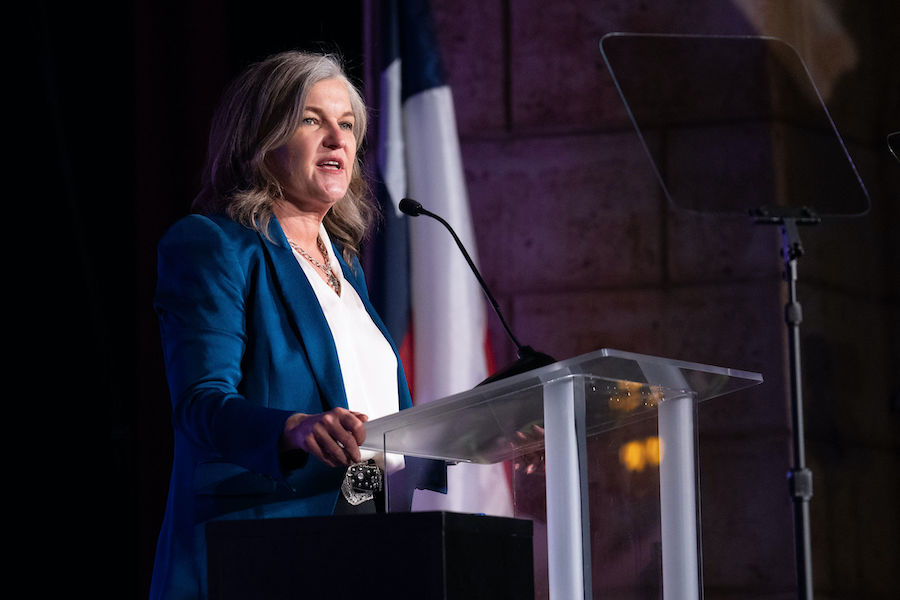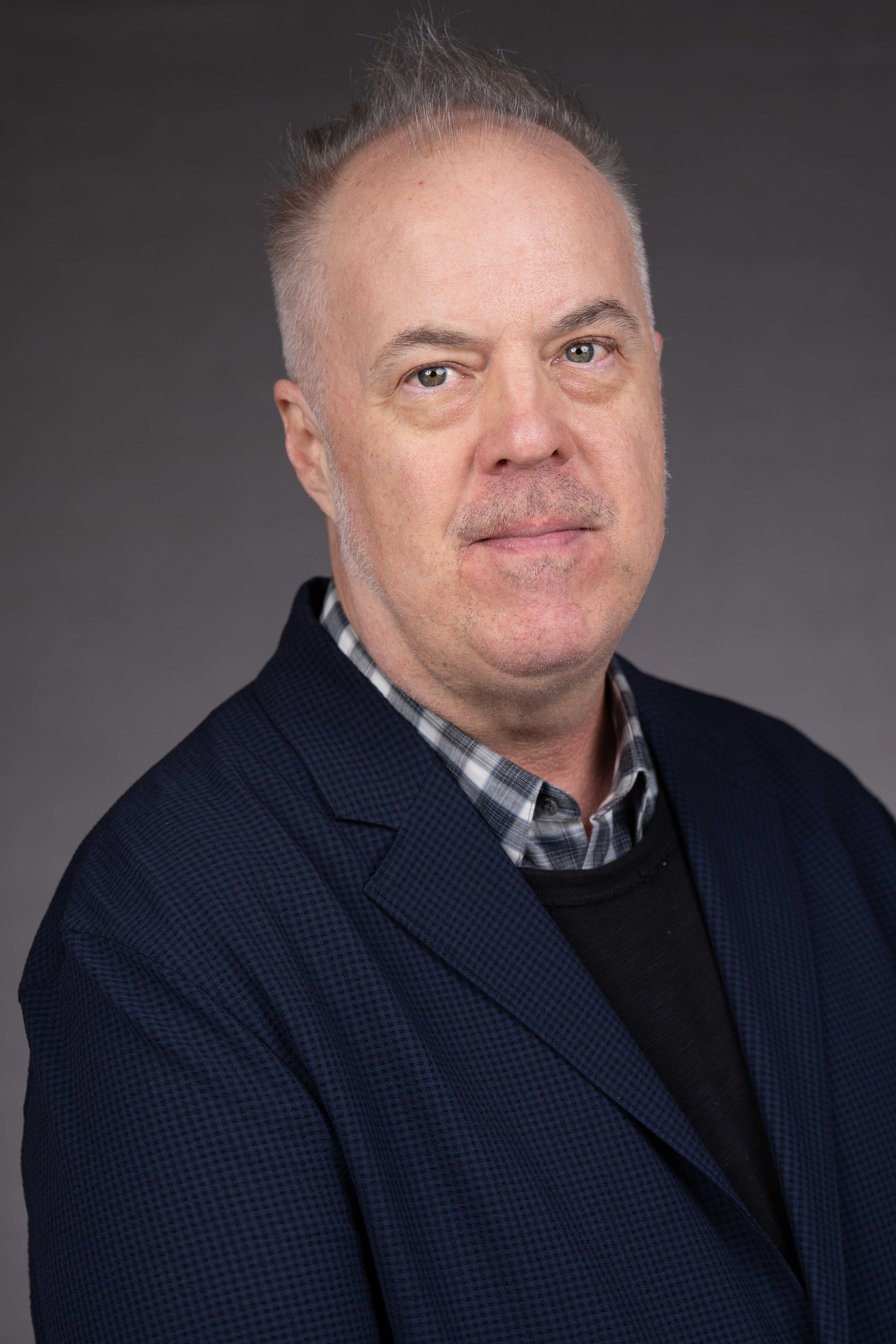Chair Michelle Egan, APR, Fellow PRSA, on Leading PRSA in 2023
By John Elsasser
January 2023
Name: Michelle Egan, APR, Fellow PRSA
Title: CCO, Alyeska Pipeline Service Company; 2023 PRSA Chair
Location: Anchorage, Alaska
Favorite downtime activity: Hiking and biking in summer. Fat-tire biking in winter.
Favorite place to travel: Oregon to visit my son and daughter; Costa Rica for vacation
Any three dinner guests — past or present: Eleanor Roosevelt, Eunice Kennedy Shriver and Bruce Springsteen
Favorite way to start a workday: Coffee, a workout, mindfulness practice
Best leadership advice: “Always put people first.” I learned this at an early age from my mother and it has been the hallmark of every great leader I’ve known.

You have a degree from Boston College. How did you make the transition between the East Coast and Alaska?
My parents were both born and raised in Manhattan and lived in the same neighborhood, Kips Bay. My dad was in the Coast Guard and was transferred to Kodiak, Alaska, when I was 11. We spent our summers in New York with my grandmother. Christmas, too. It was a fortunate childhood, to live in this beautiful, rural place in a small community, but to also have these experiences of living in New York.
You’ve served in a variety of PRSA leadership roles. Why is volunteer service important to you?
I do not have a traditional undergraduate communications degree; I have a psychology degree. I gravitated to PRSA to grow my understanding of the craft and build my confidence. Going through the Accreditation process early in my career really solidified my knowledge and understanding and reinforced that I had the necessary skills and strategic perspective.
The community in my local Chapter and beyond was supportive of me, not just professionally but personally. I got interested and motivated to serve at the national level when PRSA made a statement about the use of the term “alternative facts” in January 2017. My concern had been growing about the communications environment and people calling themselves PR professionals but then playing fast and loose with the rules and the facts.
And when PRSA took that stand, I said, “We have got to step forward and address this.” If not, we risk losing the very identity and core of our profession. That was meaningful and motivating to me, to see my association do something as bold as that.
Volunteering has always been part of my family environment. But volunteering for PRSA early in my career was a development opportunity. After almost 25 years as a member, it’s become about giving back to the organization that’s given me so much, whether it’s professional development, community or the sense that I can make a difference in the way our profession is practiced.
You’ve described yourself as a collaborative leader. What elements make up that leadership mindset?
I seek counsel from others before making a decision. Decisions and efforts in projects are best served by a collaborative approach. I do not have all the answers and I thrive on dialogue. Collaborative leadership is the most rewarding way for me. It means having a vision but being willing to let it unfold by collaborating with others.
What are PRSA’s top priorities for 2023?
First, to serve our members. People are coming out of a few difficult years — and that’s not just PRSA — that’s our professional and personal lives, our organizations. We have to know what our members need and meet them where they are.
The second priority goes back to the initiative that inspires me: Amplifying our Code of Ethics and its application to today’s challenges. We have a duty to ensure that our members and others know what professional, ethical communications looks like and how critical it is to our society.
We just celebrated 75 years of PRSA impact; in 2023, we will focus on the future of PRSA through our strategic plan priorities.
How will the 2023-2025 Strategic Plan help PRSA continue to adapt to a rapidly changing profession?
The most important thing is the North Star we have identified: We are a community of ethical communications professionals building for tomorrow, today. The plan is focused on strengthening our organization and our profession for the future.
There are three main goals. One is to build our profession by investing in PRSSA and developing early-to-mid-career professionals while using our more experienced members to bring thought leadership and mentorships into that.
The second goal is around influence. How can we influence ethical practice and join with like-minded organizations to amplify that goal? The third goal is working on the tools and support that we have for Chapters, Sections and Districts and strengthening the infrastructure of PRSA.
What are you most looking forward to in 2023 as PRSA chair?
I’m looking forward to connecting with members — virtually and face-to-face. Through town halls and other outreach, we can hear from the members and deliver on our promise to them that this is a good investment. PRSA is a community, and that’s what brings a lot of the richness that we offer.



